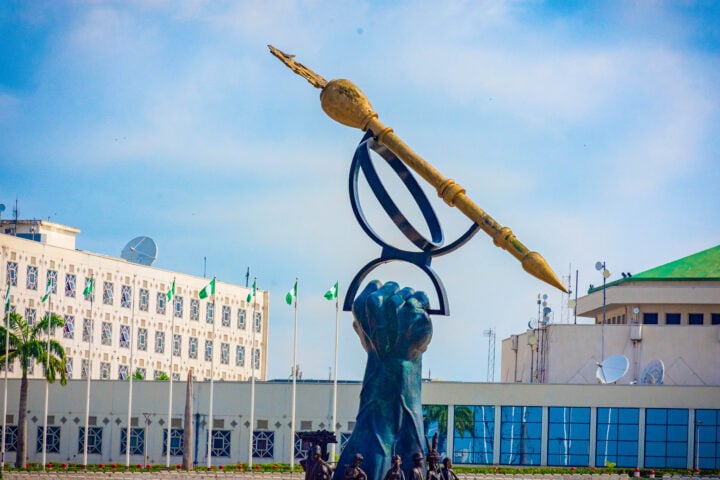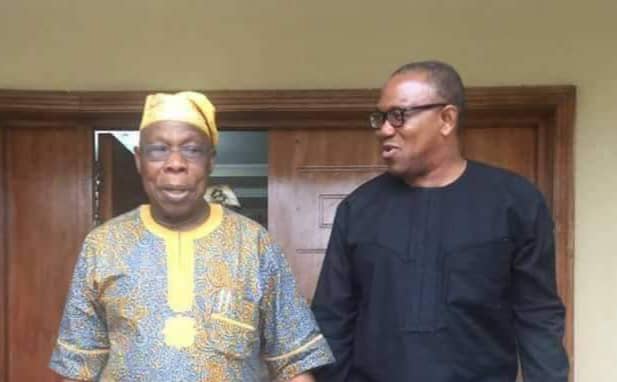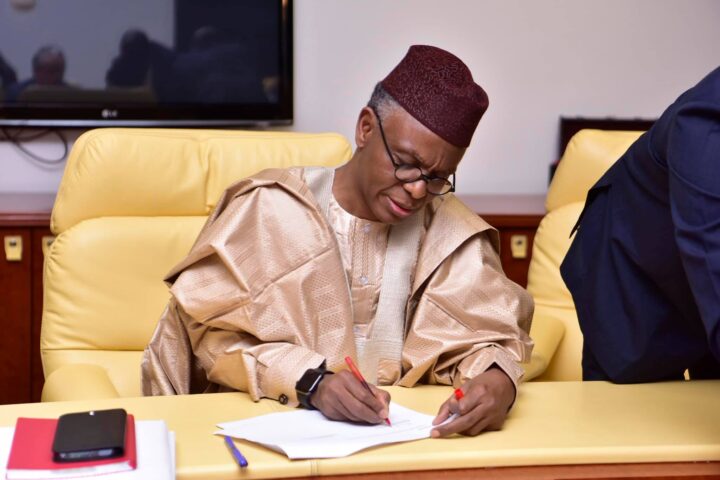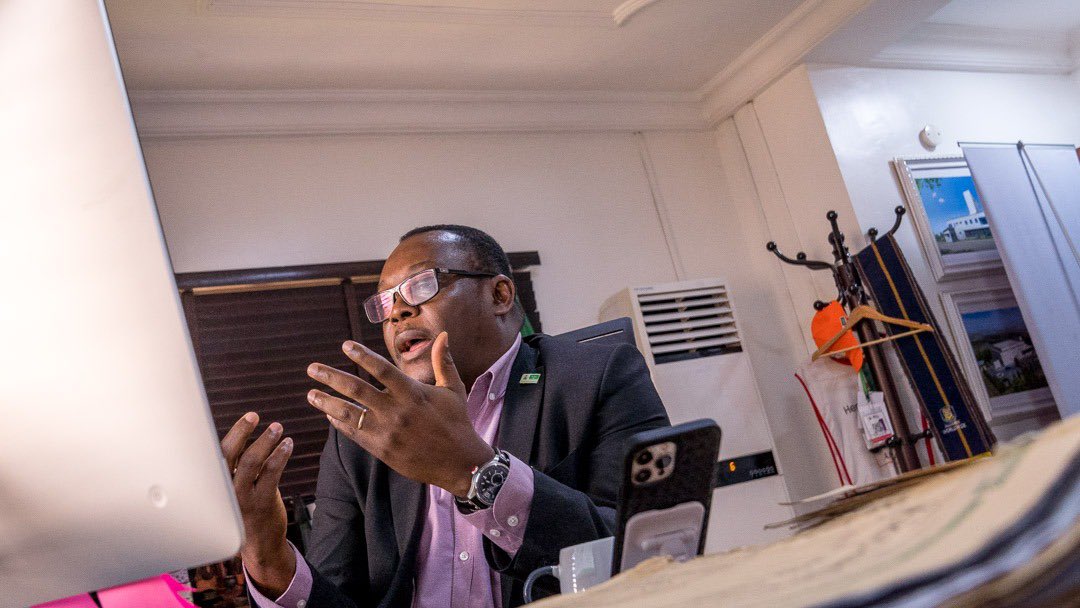The year 2022 recorded a mix of activities at the red and green chambers. Although many lawmakers seeking re-election spent a significant amount of time on pre-election activities, there were unforgettable moments in the course of conducting legislative businesses at the national assembly.
TheCable recounts some of the controversial moments at the national assembly in 2022.
WATER RESOURCES BILL RESURFACES
In June, the controversial national water resources bill was reintroduced in the house of representatives by Sada Soli, a member of the All Progressives Congress (APC), from Katsina state.
Advertisement
The bill, which dates back to the eighth national assembly, was first sent to the parliament by the executive. The proposed legislation seeks to bring water resources — both surface and underground — and the banks of the water sources “affecting more than one state”, under the control of the federal government. It has, however, come under strong criticism.
In June, when the bill was introduced, opposition lawmakers protested against the proposed legislation and demanded that it should not be considered. But the lawmakers were told by Femi Gbajabiamila, speaker of the house, that governors made input and that concerns raised in the earlier version of the bill may have been addressed before it was reintroduced.
But the opposition disagreed, describing the governor’s alleged input as “irrelevant” because law-making is the responsibility of legislators.
Advertisement
ROW OVER APPOINTMENT OF CLERK
There was controversy at the national assembly in November when the national assembly commission appointed Magaji Tambuwal as the acting clerk following the retirement of Olatunde Ojo.
Tambuwal, who is the secretary of the directorate of finance and accounts in the national assembly, is said not to be the most senior official in the management. Chinedu Akubueze, clerk of the senate, is said to be the next in line because Bala Yabani, deputy clerk of the national assembly, has retired.
Tambuwal’s appointment has been heavily criticised, with analysts saying the organogram of the national assembly bureaucracy and line of duties as captured in sections 6(1), 7(2) and 12(1) of the National Assembly Service Act, 2014, shows Tambuwal is not qualified for the appointment as clerk.
Advertisement
LAWMAKERS VOTE AGAINST GENDER BILLS
On March 1, the senate and house of representatives voted on 68 bills seeking to amend the 1999 constitution.
Among the proposed laws were the bill to create additional seats for women; bill to enable Nigerian women to transfer citizenship to their foreign husbands; bill to ensure 35 percent affirmative action for women; bill to ensure that a minimum of 20 percent of ministerial or commissioner nominees are women; and bill to allow a woman to become an indigene of her husband’s state after five years of marriage.
But the lawmakers voted against all five bills.
Advertisement
Interestingly, March 8 is globally celebrated as International Women’s Day — to draw global awareness to the plight of women around.
Vexed by the decision of the lawmakers, a coalition of women’s groups protested at the national assembly — occupying the complex for days until the house of representatives rescinded its decision on three gender bills.
Advertisement
LAWMAKERS DECRY HIGH TURNOVER
Since the dawn of democracy in 1999, the national assembly has witnessed a turnover of lawmakers in every election cycle, but it appears the 2023 polls will record the highest ever.
Advertisement
In November, Abubakar Sulaiman, director-general of the National Institute of Legislative and Democratic Studies (NILDS), said over 130 members of the house of representatives will not return to the house in 2023.
The lawmakers had attributed the predicament to the indirect primaries adopted by political parties to elect candidates. While sympathising with his affected colleagues, Femi Gbajabiamila, speaker of the house of representatives, said the high turnover of legislators is “majorly due to the horde of the governors”.
Advertisement
SENATE AD-HOC COMMITTEE DISOWNS CHAIRMAN’S REPORT
On November 16, there was a mild drama on the floor of the senate when members of an ad hoc committee on oil theft disowned the report presented by its chairman — Bassey Albert — for consideration and adoption.
In April, the senate set up a 13-member ad hoc committee on oil lifting, theft, and the impact on petroleum production and oil revenues with Albert as the chairman. But when the report was presented for consideration and adoption, some members of the committee disowned it.
The lawmakers said they were not invited to attend the committee’s meeting, describing the report as “very strange”.
BUHARI’S REQUEST FOR EXTRA-BUDGETARY SPENDING DIVIDES SENATE
In December, the senate descended into a rowdy session after some senators rejected a request by President Muhammadu Buhari to approve N23.7 trillion already spent by the federal government without prior approval by the national assembly.
The drama began after Solomon Olamilekan, chairman of the finance committee, presented a report on the president’s “way and means advances” request.
“It is normal. We should even commend the federal government. The sum spans across over 10 years. They have agreed to forward the document to the committee on or before Friday,” he said.
As Olamilekan continued his presentation, Betty Apiafi, senator representing Rivers west, raised a point of order stating that the request was not constitutional. But Senate President Ahmad Lawan ruled her out of order, saying: “Let him present his report first… I’m not preventing anyone from speaking.”
Lawan’s comment elicited uproar as most of the senators engaged in heated debate, while the approval was later suspended after the back and forth by legislators.
More controversial events at the national assembly in 2023 can be seen here and here.
Add a comment






